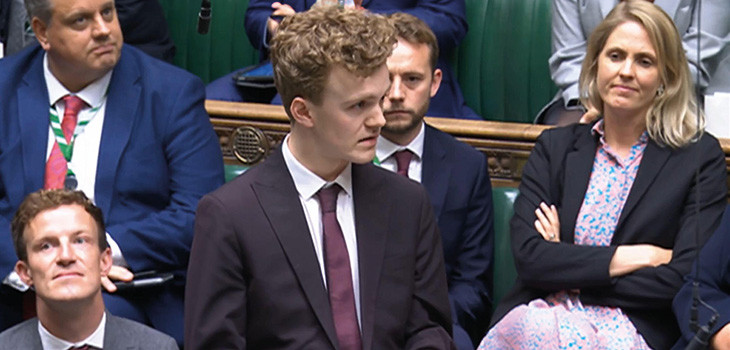
The principal point to note about the 4 July 2024 general election result was, of course, the scale of the Labour Party’s victory at the polls, in terms of the number of seats won. Few would have predicted back in mid-December 2019, when the last general election was held, that the political pendulum would swing so far from right to left in such a short space of time.
A further point, which has also received media attention, is that more than half of the 650 members of the House of Commons are new to Parliament. While some change was inevitable, given that more than 100 sitting MPs chose not to stand in the election, the scale of the change is far greater than in 2015, for example, when 177 new MPs were elected. This influx of new faces has meant that already, maiden speeches are consuming a precious commodity: parliamentary time.
The opportunity
Erskine May is





.tmb-mov69x69.jpg?sfvrsn=87f6371e_1)


